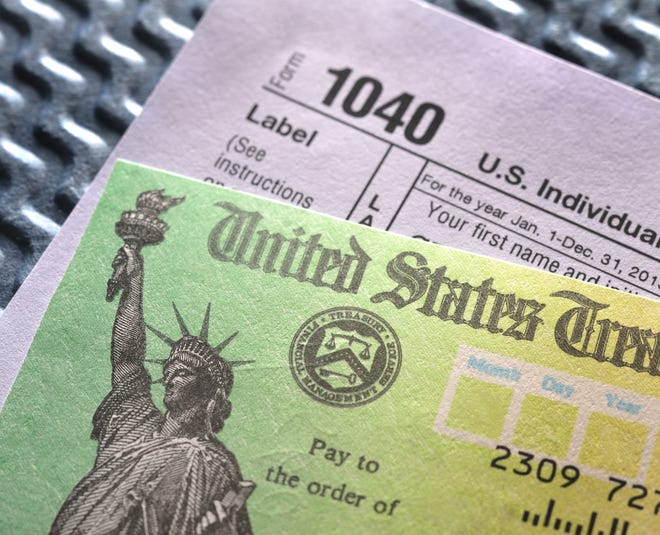The High Court of Himachal Pradesh bench Judge Sabina and Judge Satyen Vaidya removed the addition on the grounds that the Valuation Officer (AO) did not consider genuine purchases and sales recorded in the books of account.
The interviewed/evaluated company followed a direct marketing business model and derived revenue from the retail trade of various consumer goods. The assessee had declared gross revenue as Rs.91,90,10,669 and net profit was declared as Rs.1,06,69,510. Thus, the net profit rate was 1.16%. J
The appraiser, after reviewing the file, observed that the appraisee had attempted to provide the monthly closing inventory and had failed to explain it during the appraisal period. The appraisal agent had concluded that the appraise’s claim was incorrect and had concluded that the monthly trading account filed by the appraise was contradictory.
The appraiser had prepared the trading account, the gross profit of the appraisee was deducted from the sales, and therefore the gross profit rate amounted to 51.8%. Hence, an addition of Rs. 14.48 crores was made by the valuation agent.
The appraiser observed that the appraisee failed to explain why the payment made to Sai Purna Caters without deducting the TDS should not be withheld and added back. The assessor had concluded that the assessee had failed to explain and therefore a payment of Rs. 4,16,405 must be added to the assessee’s income.
The assessee appealed to the Commissioner of Income Tax (Appeals), Shimla, against the order made by the assessment officer. The CIT(A) partially allowed the appeal. CIT(A) removed the addition made based on a negative closing stock spike. The addition for the calculation of net profit was made by applying the provisions of sections 145(3) and 144 of the Income Tax Act.
The ministry challenged the order in the bench of the Income Tax Appeals Tribunal Division, Chandigarh. The court dismissed the ministry’s appeal.
The Tribunal found that the appraiser did not consider that the appraisee had made genuine purchases and sales that had been recorded in the appraise’s books of account. The appraiser also failed to take into account the nature of the appraisee’s business, which was based on a tiered marketing system where goods were received throughout the year by different warehouses in separate stations.
The tribunal upheld the Tribunal’s observation. The court observed that lump sum payments were made to the various suppliers throughout the year. All the documents, that is to say the books of account, the sale and purchase vouchers, had been produced in full by the person being assessed. The assessor, however, had prepared a monthly trading account and found negative stock on the books of the assessee’s account. Although the valuation agent found no unregistered purchases. The AO, in its own way, prepared the trading account to improve the gross profit.
“No sale was found outside the books of account. The valuation agent could have made the valuation in accordance with the provisions of the Income Tax Act 1961. The valuation agent had made the order under section 143(3) of the Act in respect of the same business activities of the assessee, which resulted in a net profit of 2.53% and 2.99%,” the court said.
Case Title: PCIT v Smart Value Products And Services Ltd.
Quote: Income Tax Appeal No. 37 of 2016
Dated: 28.03.2022
Counsel for the Appellant: Maître Vandana Kuthiala
Counsel for the Respondent: Attorney Vishak Mohan
Click here to read/download the order
 Resource KT
Resource KT


